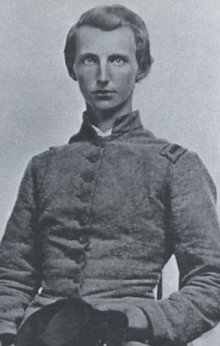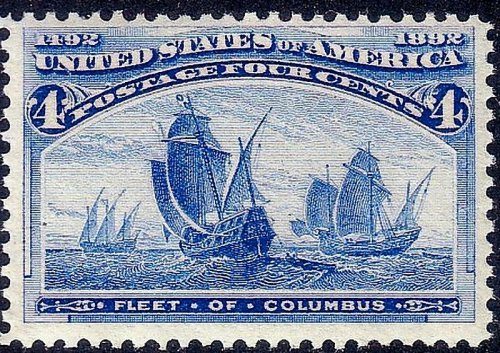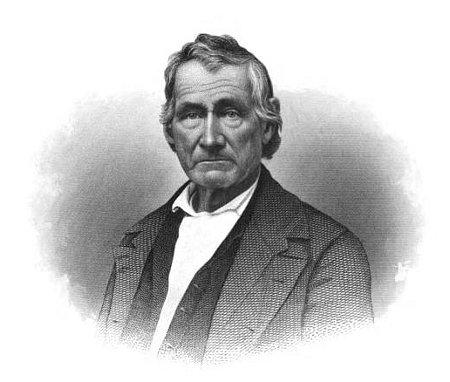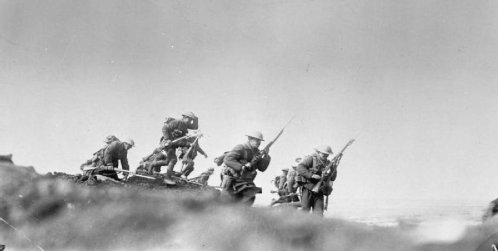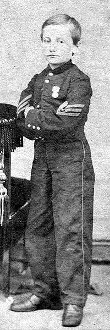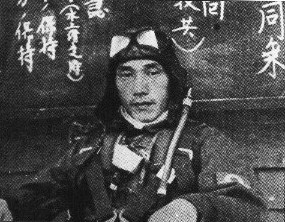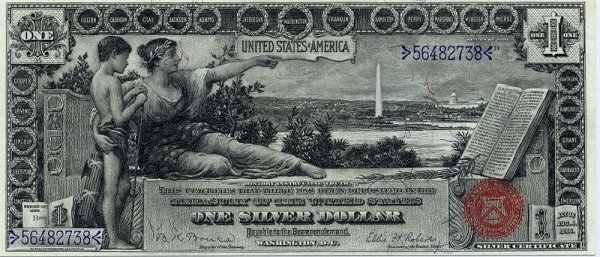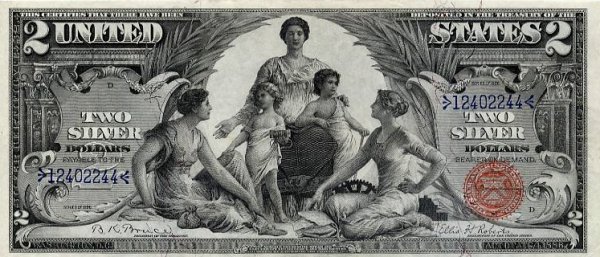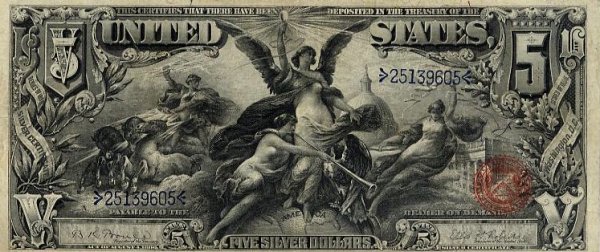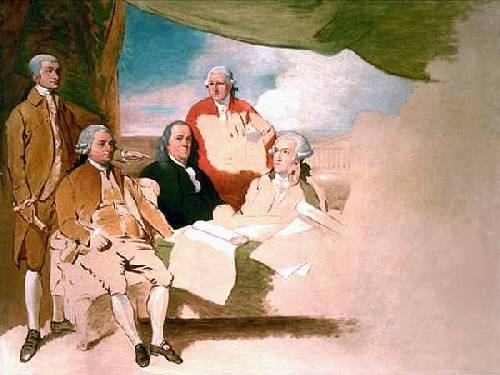Mr. Wm. Riley, Springfield, Ky. — Sir: I take this opportunity to dictate a few lines to you, supposing you might be curious to know my whereabouts. I am happy to inform you that I am in Canada, in good health, and that robbing a woman of her husband, and children of their father does not pay, at least in your case; and I thought, while lying in jail by your direction, that if you had no remorse of conscience that would make you feel for a poor, broken-hearted man, and his worse-than-murdered wife and child, and could not be made to feel for others as you would have them feel for you, and could not by any entreaty or permission be induced to do as you promised you would, which was to let me go with my family for $800 — but contended for $1,000, when you had promised to take the same you gave for me (which was $660.) at the time you bought me, and let me go with my dear wife and children! but instead would render me miserable, and lie to me, and to your neighbors (how if words mean anything, what I say is so.) and when you was at Louisville trying to sell me! then I thought it was time for me to make my feet feel for Canada, and let your conscience feel in your pocket. — Now you cannot say but that I did all that was honorable and right while I was with you, although I was a slave. I pretended all the time that I thought you, or some one else had a better right to me than I had to myself, which you know is rather hard thinking. — You know, too, that you proved a traitor to me in the time of need, and when in the most bitter distress that the human soul is capable of experiencing: and could you have carried out your purposes there would have been no relief. But I rejoice to say that an unseen, kind spirit appeared for the oppressed, and bade me take up my bed and walk — the result of which is that I am victorious and you are defeated.
I am comfortably situated in Canada, working for George Harris, one of the persons that act a part in ‘Uncle Tom’s Cabin.’ He was a slave a few years ago in Kentucky, and now owns a farm so level that there is not hills enough on it to hide a dog, yet so large that I got lost in it the other day. He says that I may be the means of helping poor fugitives and doing them as much good as he does, in time.
This country is not what it has been represented to me and others to be. In place of its being cold and barren, it has beautiful, comfortable climate, and fertile soil. It is much more desirable in those respects than any part of Kentucky that I ever saw. There is only one thing to prevent me being entirely happy here, and that is the want of my dear wife and children, and you to see us enjoying ourselves together here. I wish you could realize the contrast between Freedom and Slavery; but it is not likely that we shall ever meet again on this earth. But if you want to go to the next world and meet a God of love, mercy, and justice, in peace; who says, ‘Inasmuch as you did it to the least of them my little ones, you did it unto me’ — making the professions that you do, pretending to be a follower of Christ, and tormenting me and my little ones as you have done — had better repair the breaches you have made among us in this world, by sending my wife and children to me; thus preparing to meet your God in peace; for, if God don’t punish you for inflicting such distress on the poorest of His poor, then there is no use of having any God, or talking about one. But, in this letter, I have said enough to cause you to do all that is necessary for you to do, providing you are any part of the man you pretend to be. So I will close by saying that, if you see proper to reply to my letter, either condemning or justifying the course you have taken with me, I will again write you.
I hope you will consider candidly and see if the case does not justify every word I have said, and ten times as much. You must not consider that it is a slave talking to ‘massa’ now, but one as free as yourself.
I subscribe myself one of the abused of America, but one of the justified and honored of Canada.
Jackson Whitney
